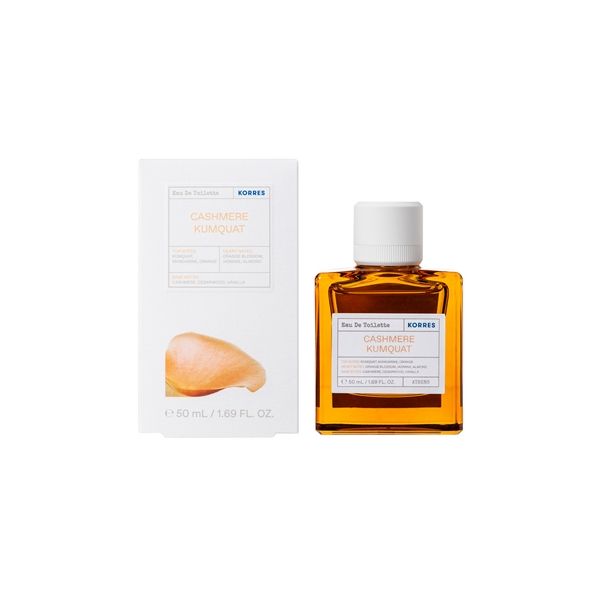Blog
What Sunscreen to Choose for Winter
It is well known that facial sunscreen is essential in winter and summer. The protection factor definitely plays a role, but it does not have to be as high as the SPF you use in the summer. The sun is not as hot in winter as it is in summer, but your skin still needs protection from UVA and UVB rays. Alternatively, you can use a cream with an SPF, but it ideally it’s better to wear sunscreen in winter over your facial day cream. SPF is not related to whether you are tanned or not. It depends on the needs of your skin and your lifestyle.
In practice, this means that someone who works in an office and does not see the sun all day and a person who is out for many hours needs a different SPF. In this case, it would be advisable to choose a sunscreen with an SPF of up to 50. However, in general, an SPF of 30 is the ideal that can be selected for everyday use.
According to scientists, the SPF shows how many more times can sunscreen protect your skin, compared to if you had not applied any sunscreen at all. So a sunscreen with an index of 30 means that it protects you 30 times more than if you had not applied sunscreen. Respectively, sunscreens with a protection index of 50 protect the skin 50 times more and so on. Sunscreens with a protection index of over 50, although marketed as so, have been shown to protect the skin more than 50 times, but do not reach the times they are listed, such as a sunscreen with an index of 80.
Criteria for choosing the best sunscreen for your skin
In addition to your daily habits and working conditions, you should choose your sunscreen based on the needs and type of your skin. For example, if you have freckles or acne, you need a more specialized sunscreen that has some therapeutic effect. Such sunscreens can be recommended by your dermatologist or can be found in pharmacies. Also, if you have oily skin, your sunscreen should be in the form of a cream and not in the form of oil or gel. As for the other skin types, they certainly have their peculiarities with the possible exception of normal skin. Your dermatologist or pharmacist can better identify if you have a special skin condition, and could also recommend a sunscreen with anti-aging action.

 Ελληνικά
Ελληνικά









































